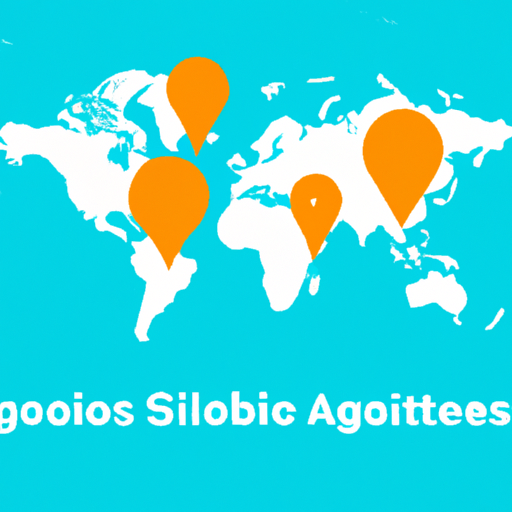Navigating Language Barriers: Multilingual SEO Best Practices

Image by zaozaa09 on Freepik
Navigating Language Barriers: Multilingual SEO Best Practices
In an increasingly globalized digital landscape, businesses are expanding their reach across borders, aiming to connect with audiences in their native languages. However, this ambition comes with its own set of challenges, especially when it comes to Search Engine Optimization (SEO). Multilingual SEO is not just about translating content; it requires a strategic approach to ensure visibility and engagement in diverse markets. At Algoboost.io, we offer innovative solutions to tackle these challenges and enhance your multilingual SEO strategy.
Understanding Multilingual SEO
Multilingual SEO involves optimizing your website and content for multiple languages and regions. This process ensures that search engines can properly index and rank your content, making it accessible to users worldwide. Here are some key elements to consider:
- Language Targeting: Knowing which languages to target based on your audience’s preferences.
- Regional Variances: Recognizing dialects and cultural nuances that impact search behavior.
- Keyword Research: Conducting thorough keyword research for each language to capture relevant search queries.
Common SEO Challenges in Multilingual Content
While the benefits of multilingual SEO are clear, many businesses encounter specific challenges, including:
- Content Duplication: Duplicate content can lead to penalties from search engines.
- Inaccurate Translations: Poor translations can damage credibility and confuse users.
- Technical SEO Issues: Misconfigured hreflang tags can hinder proper indexing of multilingual content.
Best Practices for Multilingual SEO
To successfully navigate the complexities of multilingual SEO, consider implementing the following best practices:
1. Use Hreflang Tags Correctly
Hreflang tags inform search engines about the language and regional targeting of your pages. This helps prevent duplicate content issues and ensures that users see the most relevant version of your site. Ensure you:
- Implement proper hreflang annotations for each language version of your content.
- Regularly audit hreflang tags for accuracy and completeness.
2. Invest in Quality Translations
Quality is paramount when it comes to translations. Automated translations can lead to errors and misunderstandings. Instead, consider:
- Hiring professional translators who understand cultural nuances.
- Utilizing native speakers for proofreading and editing.
3. Conduct Language-Specific Keyword Research
Keyword research is foundational to any SEO strategy. For multilingual SEO, it’s essential to:
- Use local tools and resources to identify popular search terms in each target language.
- Analyze competitors in each language market for insights into successful keywords.
4. Localize Content Beyond Translation
Localization ensures that content is culturally relevant and resonates with the target audience. This can include:
- Adapting visuals and examples to fit local contexts.
- Considering local customs, traditions, and values in your messaging.
5. Optimize Technical SEO Elements
Technical SEO plays a crucial role in how search engines crawl and index your multilingual content. Key considerations include:
- Setting up separate URLs for each language, such as subdomains or subdirectories.
- Ensuring that your website’s loading speed and mobile optimization are up to par across all language versions.
How Algoboost.io Addresses Multilingual SEO Challenges
At Algoboost.io, we understand the intricacies of multilingual SEO and offer tailored solutions to help businesses overcome common hurdles:
- Comprehensive SEO Audits: We conduct thorough audits of your website to identify potential issues related to multilingual content, including hreflang tag configurations and technical SEO problems.
- Expert Translation Services: Our team collaborates with professional translators to ensure that your content is not only accurately translated but also localized for cultural relevance.
- Advanced Keyword Research Tools: We provide advanced tools to help you perform in-depth keyword research across multiple languages, ensuring that you target the right queries.
- Continuous Monitoring and Optimization: Our services include ongoing analysis of your multilingual SEO performance, allowing you to adjust strategies as needed.
Conclusion
In conclusion, navigating the world of multilingual SEO can be challenging, but with the right strategies and tools, you can effectively reach and engage your global audience. Algoboost.io is here to support you every step of the way, providing expertise and resources to ensure your multilingual content is optimized for success. Start your multilingual SEO journey with us today and unlock new opportunities for your business!
Ready to boost your global reach? Contact Algoboost.io for expert multilingual SEO solutions!


